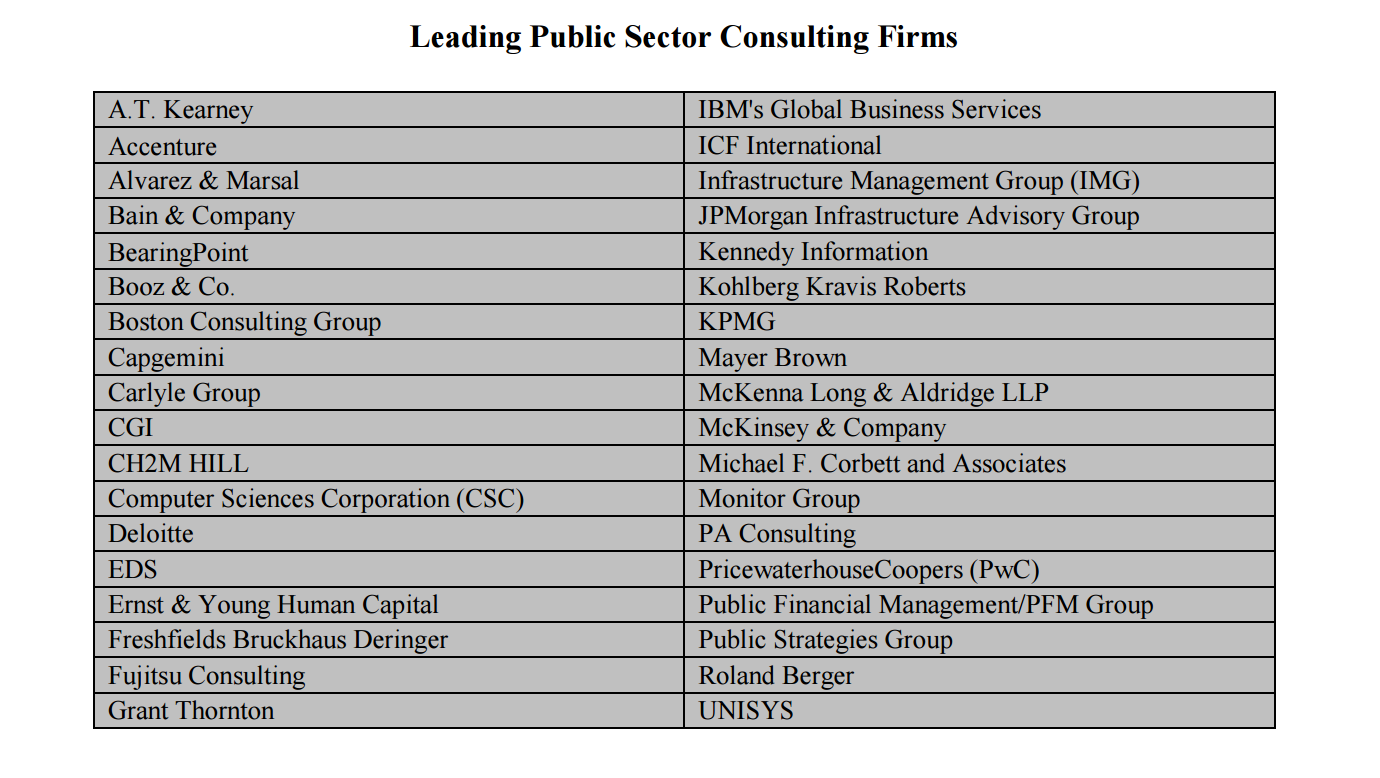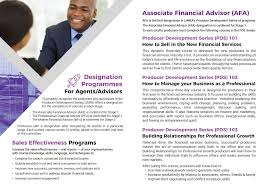
Management of human resources requires you to understand and measure the skills of your employees. Assessing these skills will enable your business to create a more accurate incentive system for pay and better alignment between salary and skill levels. Employers will be more likely to stay with the company if they are paid for their skills. This will reduce turnover and help them retain their jobs. This will give them a greater sense of value and encourage them to stay longer with your company.
Employee engagement
Engaging employees is an essential component in managing human capital. Engaging employees means giving them meaningful feedback and giving them a sense of purpose. It also involves providing them with a voice and the opportunity to voice their ideas and concerns. As such, managers should communicate regularly with their staff to understand their concerns and give them regular feedback.
Organization productivity is affected by employee turnover. According to a Gallup study, millennial turnover costs organizations $30.5 billion annually. Engaged workers are more satisfied at work and are more likely stay in their current positions.
Performance management
The goal of performance management for human resources is to align an organization's strategy and employees' performance. This involves setting goals and objectives, and making sure everyone is working in the same direction. It includes the creation and monitoring of individual performance plans, assimilation of compensation, and the determination of compensation. Performance management also helps to identify and develop high-potential employees. This approach can be used in many situations, including hiring and firing, evaluating performance, and identifying training requirements.

The best performance management systems will combine employee engagement and performance improvement to ensure that employees are committed to learning and developing. Microsoft's Gamification Program for Call-Center Agents is an example of this. The goal is to make sure employees have the skills and knowledge they need for their job. The performance management system should be integrated with the employee development program to ensure success.
Compensation
If you want to attract the right talent, compensation is key. But it is crucial to remember that compensation isn't just about the money. It also involves how to motivate employees. A good compensation management system can help a company attract top talent, motivate current employees, and increase retention. The right compensation mix can help increase a company’s efficiency and revenue.
Compensation management is about ensuring that benefits and salaries are competitive and meet the needs of current employees. This requires the analysis of employment data and keeping current on complicated benefits administration rules. While compensation is important it is equally important that employees are paid properly and on-time.
Pay-for-performance
Pay-for–performance is a great tool to motivate employees and keep them motivated. This model gives employees the ability to raise their wages through achieving certain targets. This model can be used to recruit more skilled employees. While this type of compensation is not suitable for every company, it can encourage top performers to stay.
It is vital to ensure that the CEO, HR and other departments are fully committed when implementing pay for performance. When top management gets behind the concept, middle management is more likely to follow suit.

Learning
Learning can be used as part of human resource management to maximize the potential of your employees. Whether you are hiring a new employee or promoting a current employee, there are many ways to make learning a part of your organization. Understanding the trends in your industry and the needs your staff have is one of the best ways you can improve your human capital.
This can be done by providing training for your employees. Proper training will increase employees' confidence and enthusiasm for their jobs. Employees who feel competent will do better in their jobs.
FAQ
Why should you hire consultants?
There are many reasons you might need to hire a consultant.
-
Your organization may have a specific project or problem that needs solving
-
You want to improve or learn new skills.
-
You want to work closely with experts in a certain field
-
There is nobody else who can do this job.
-
It's overwhelming to see all the information, and you don't know how to get started.
-
You can't afford to pay someone full-time
You can find good consultants by word of mouth. Ask your friends and colleagues if they know of any trustworthy consultants. If you are already acquainted with someone who works as an advisor, ask them for recommendations.
If you decide to use online directories like LinkedIn, use the "Search People" feature to look for consultants in your area.
Can you run a business consulting from your home?
Absolutely! Indeed, many consultants already do this.
Many freelancers work remotely via tools such as Skype, Trello and Basecamp. They may even create their own office space in order to take advantage of company perks.
Some freelancers prefer working in cafes and libraries over traditional offices.
And others choose to work from home because they enjoy being surrounded by their children.
There are pros and cons to working remotely. But if you love your job, it's definitely worth considering.
Is it possible to be a consultant?
A consultant is someone who can help you reach your goal by providing advice on ways to make things better, more cost-effective, etc.
A consultant may help you solve problems, make decisions, or negotiate with others.
For specific tasks or projects, consultants are often hired.
Consultants are usually paid hourly, daily or per project.
Do I need legal advice?
Yes! Yes. Many consultants sign contracts without seeking legal advice. This can cause problems later on. If the client terminates an agreement with the consultant before the completion date, what are the consequences? What happens if the contract stipulates that the consultant must meet certain deadlines?
To avoid any problems, it's best that you consult a lawyer.
Statistics
- Over 50% of consultants get their first consulting client through a referral from their network. (consultingsuccess.com)
- Over 62% of consultants were dissatisfied with their former jobs before starting their consulting business. (consultingsuccess.com)
- My 10 years of experience and 6-step program have helped over 20 clients boost their sales by an average of 33% in 6 months. (consultingsuccess.com)
- "From there, I told them my rates were going up 25%, this is the new hourly rate, and every single one of them said 'done, fine.' (nerdwallet.com)
- So, if you help your clients increase their sales by 33%, then use a word like “revolution” instead of “increase.” (consultingsuccess.com)
External Links
How To
How do you find the best consultant?
It is important to first ask yourself what you expect from a consultant when searching for one. Before you start looking for someone to work with, it's important that you know your expectations. You should make a list of all the things you need from a consultant. This list could include technical expertise, project management skills, communication skills and availability. After you have listed your requirements, it might be a good idea to ask colleagues and friends for their recommendations. Ask them about their experiences with consultants and compare their recommendations to yours. You can also do some online research if you don't know of any. There are many websites that allow users to leave feedback about their previous work experiences, such as LinkedIn and Facebook, Angie's List or Indeed. Use the feedback and ratings of others as a starting point to search for potential candidates. Once you have a shortlist, be sure to contact potential candidates directly to schedule an interview. In the interview, discuss your needs and ask them for their suggestions on how you can achieve them. It doesn’t matter if the person was recommended to you; it matters that they understand your business goals, and can show you how they can help.